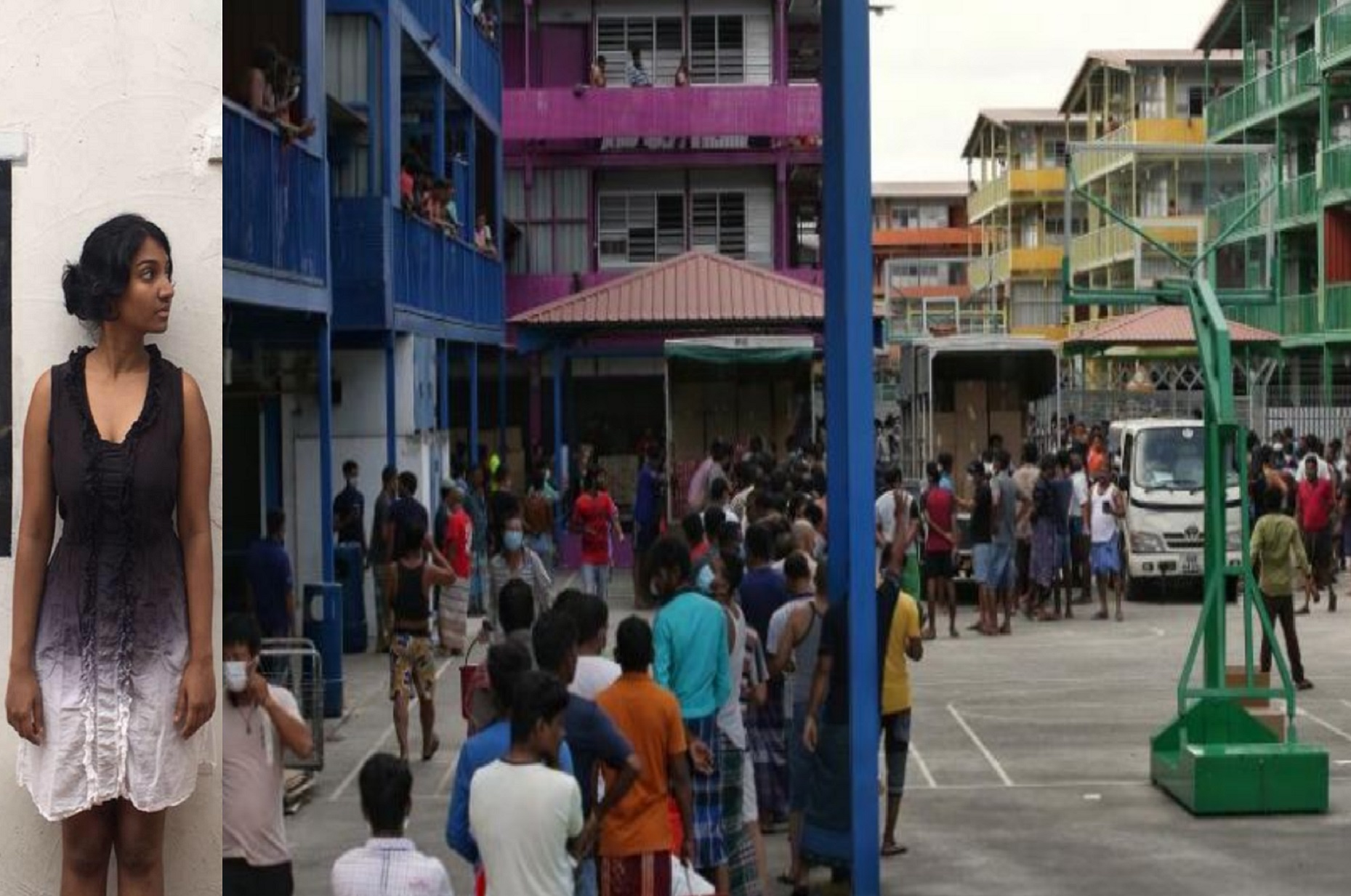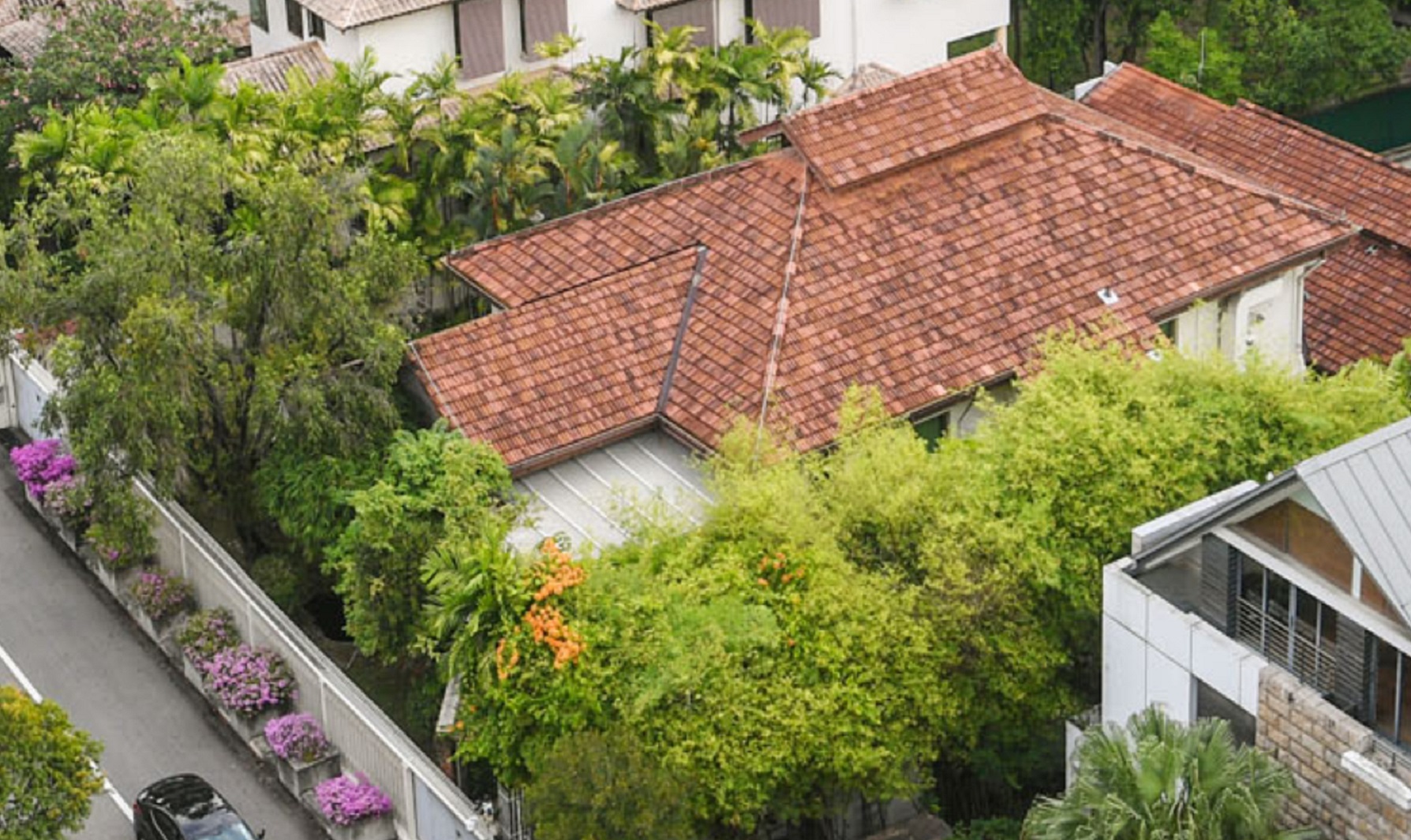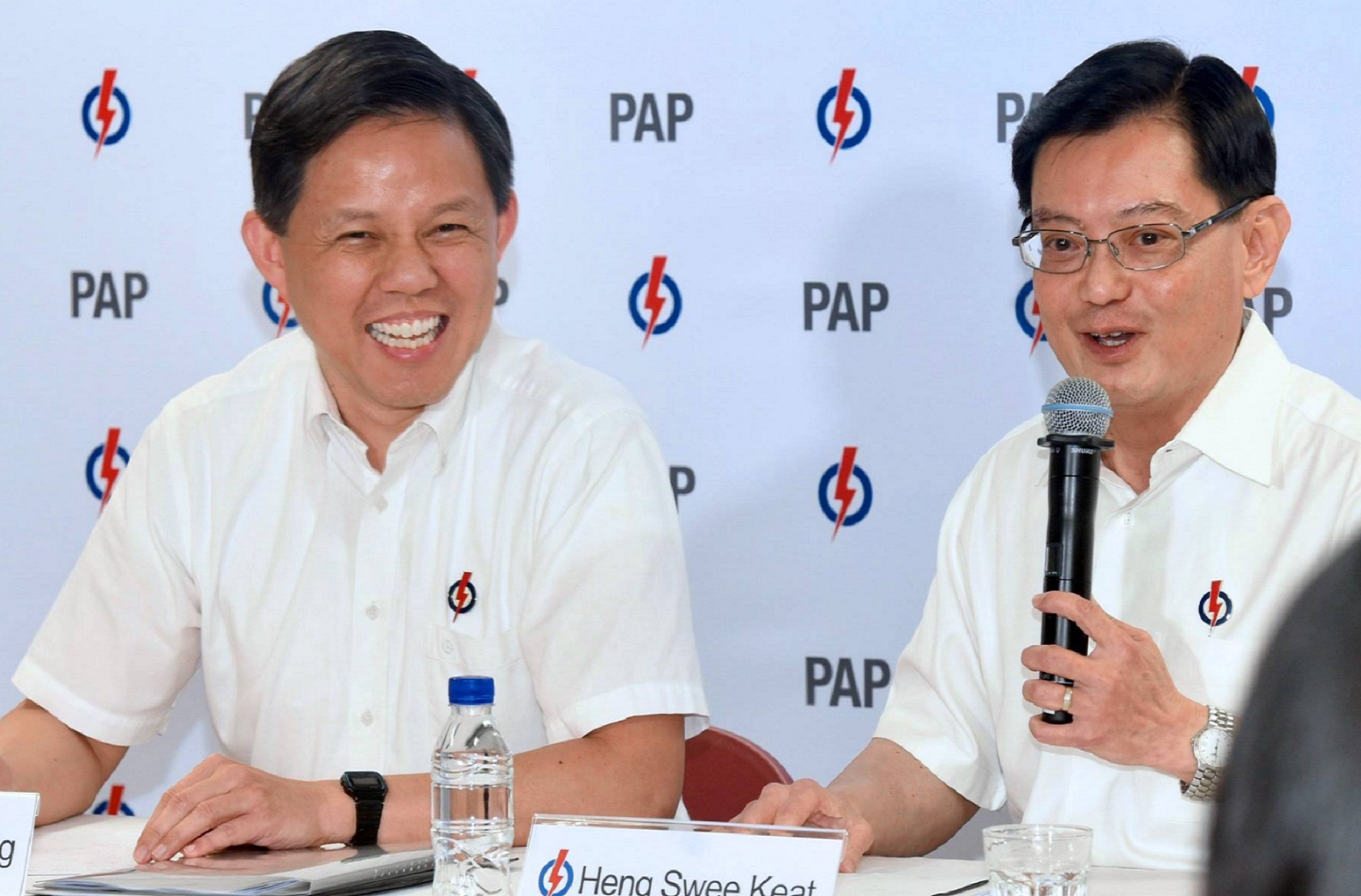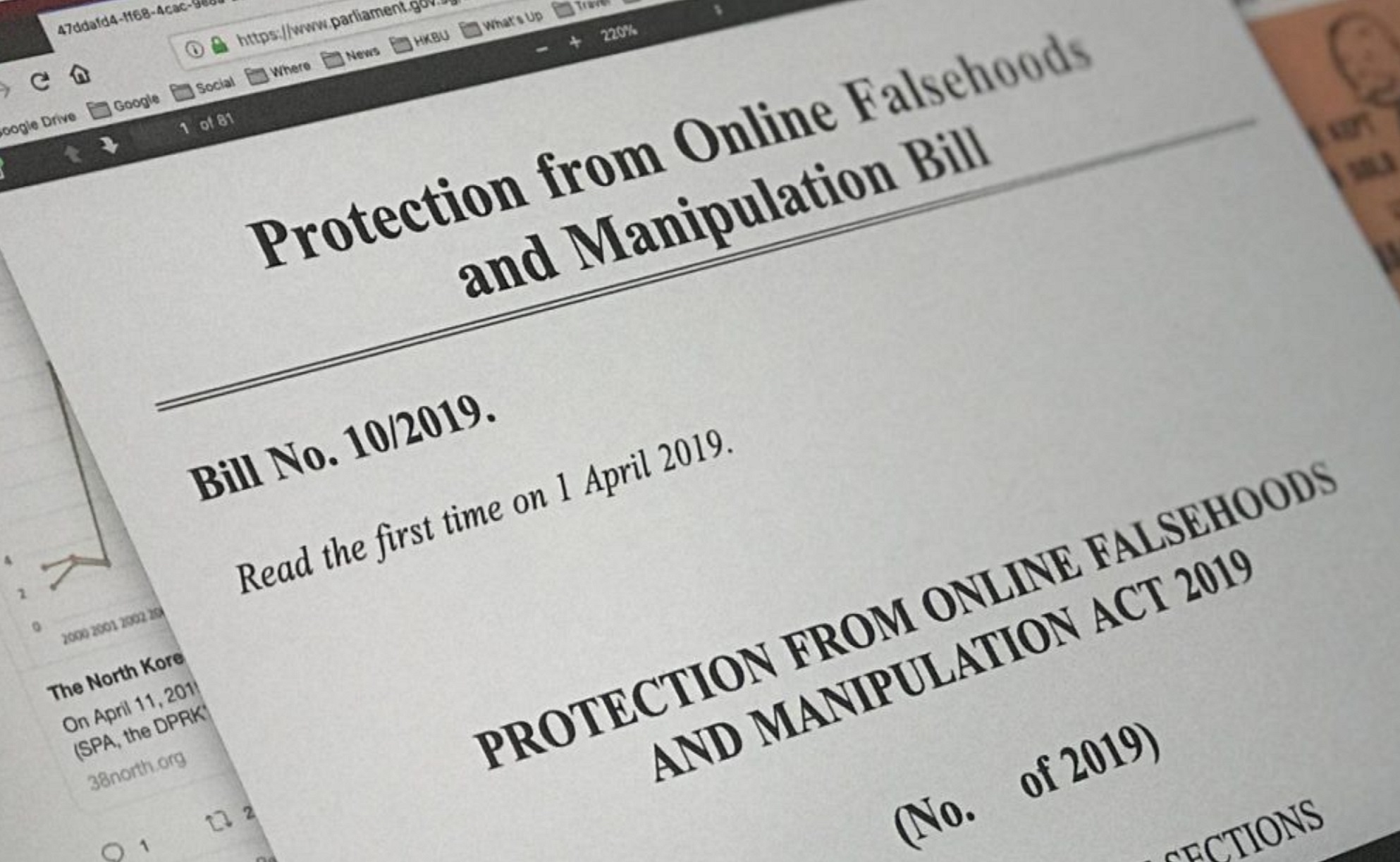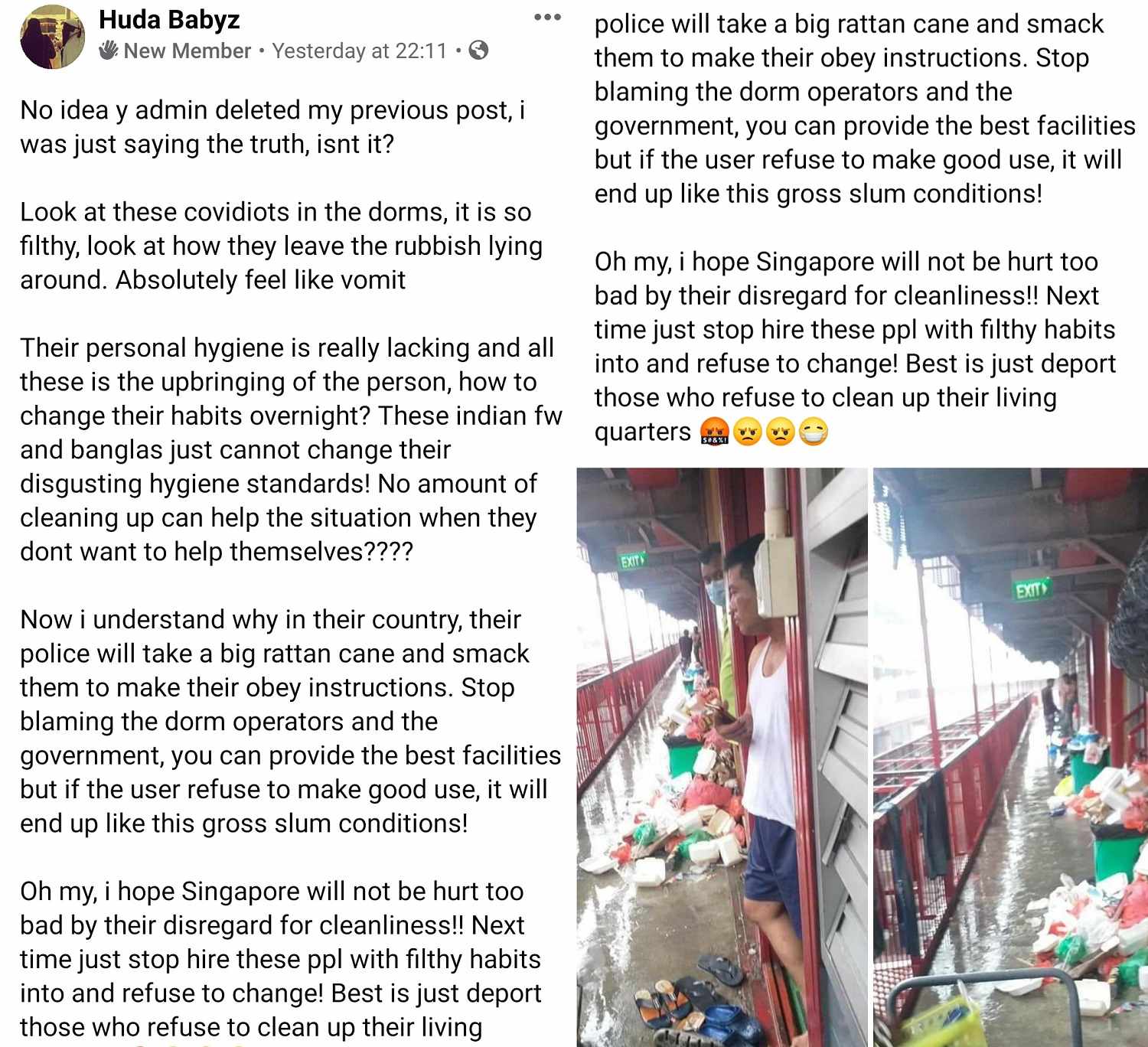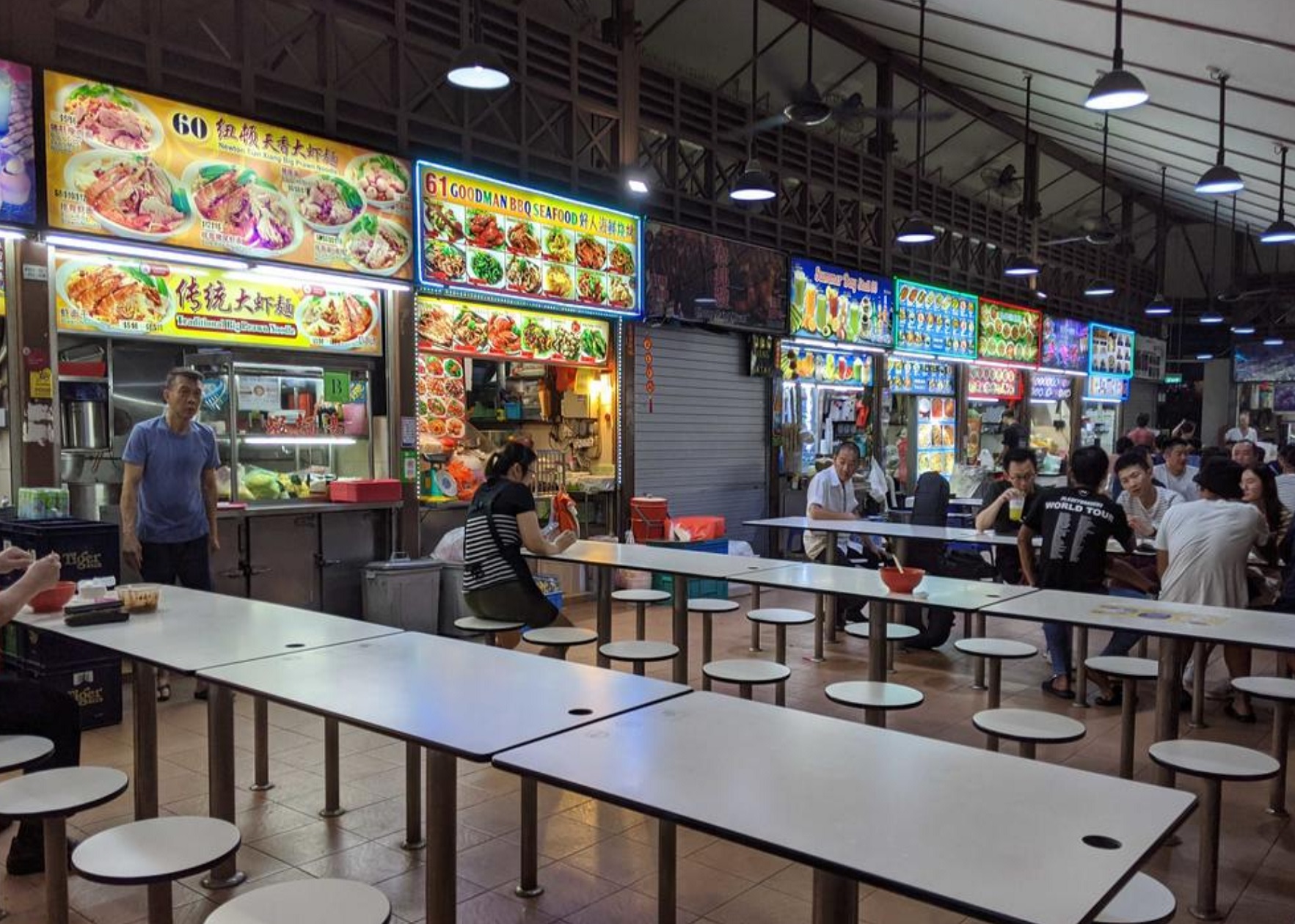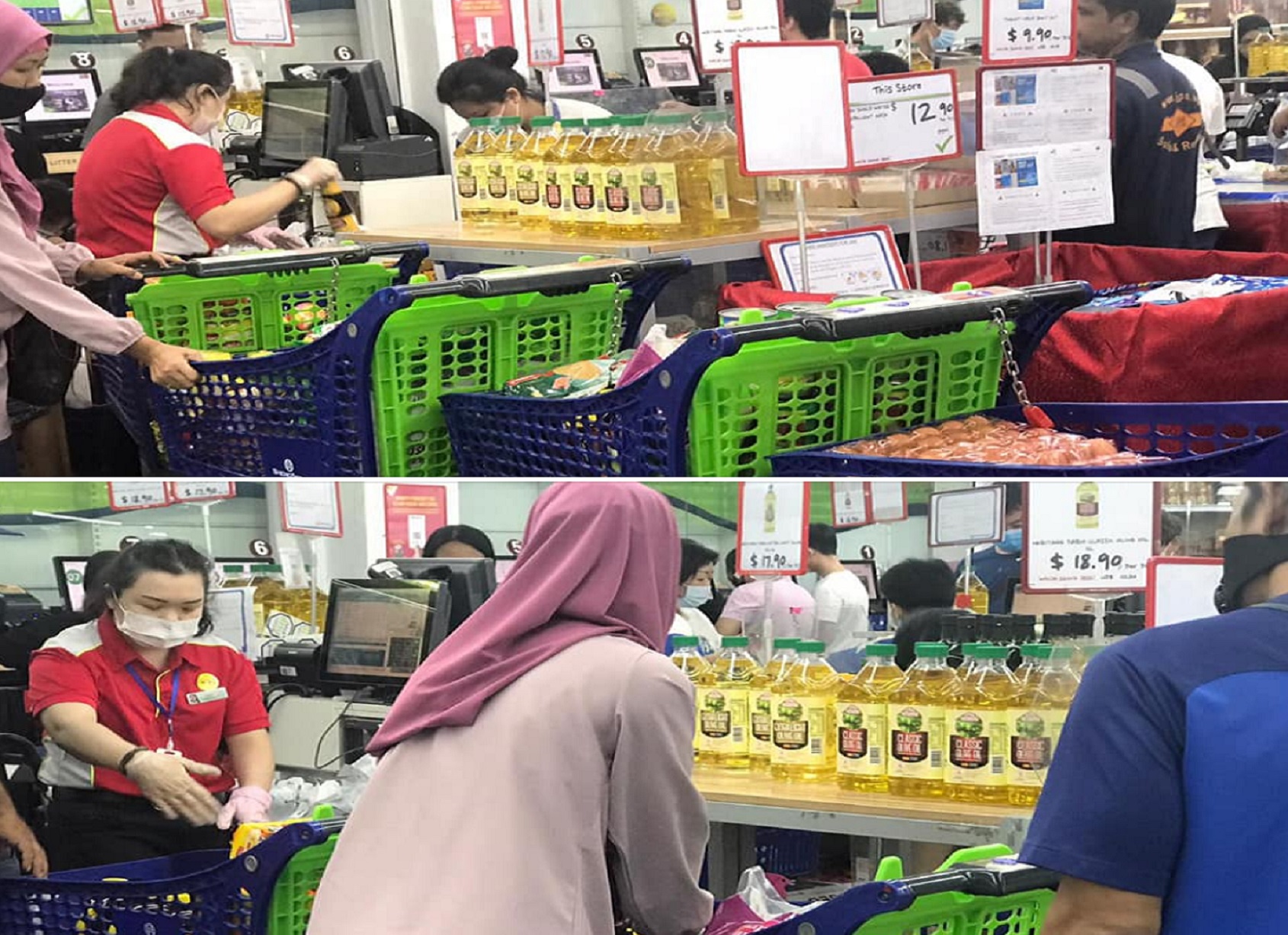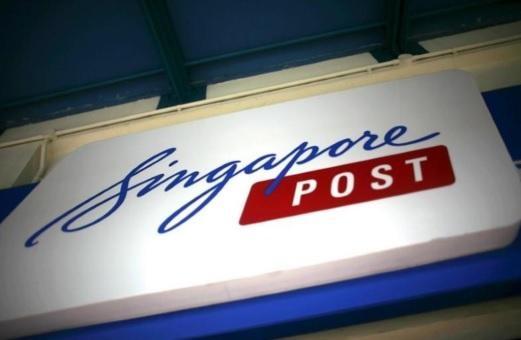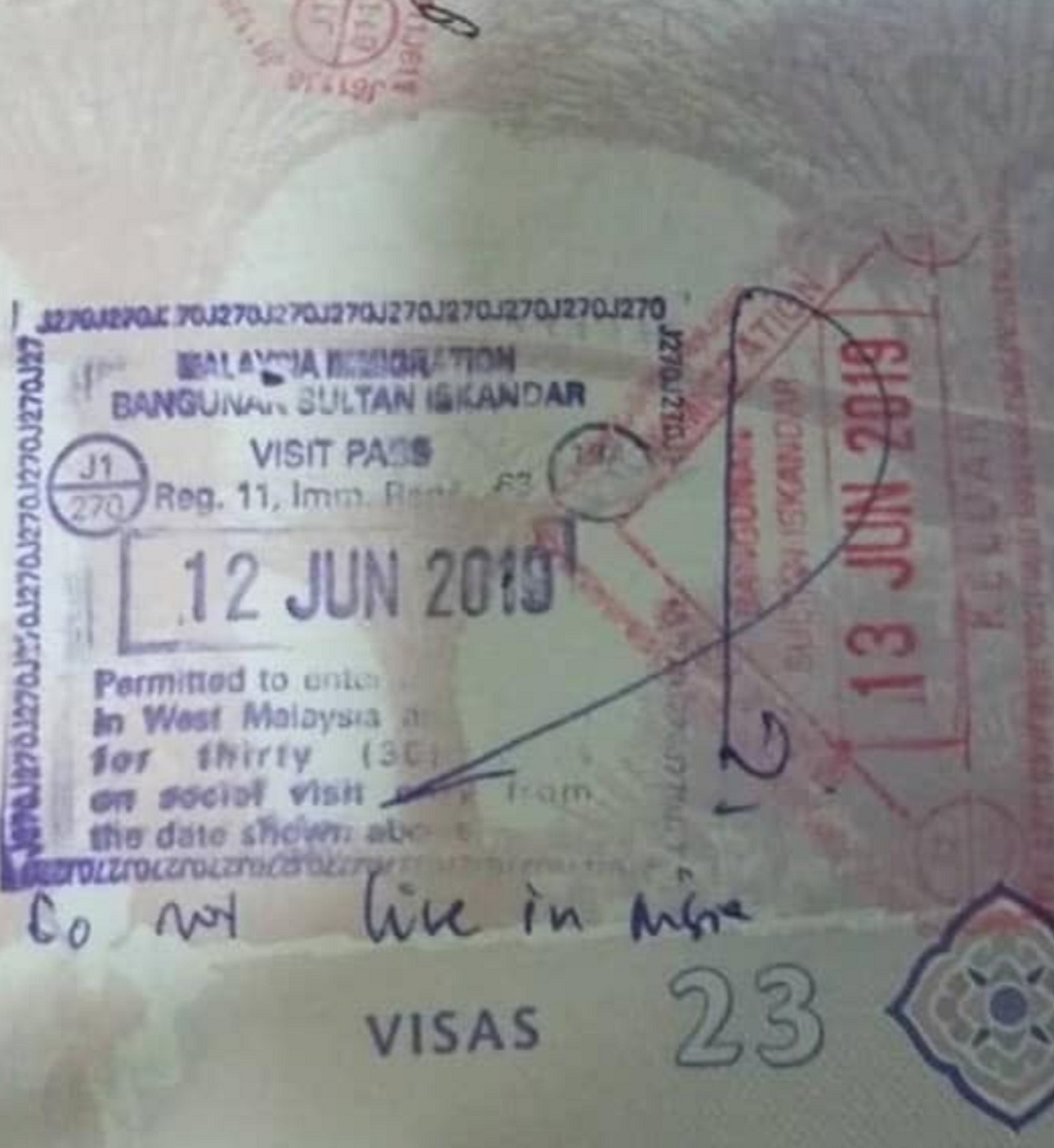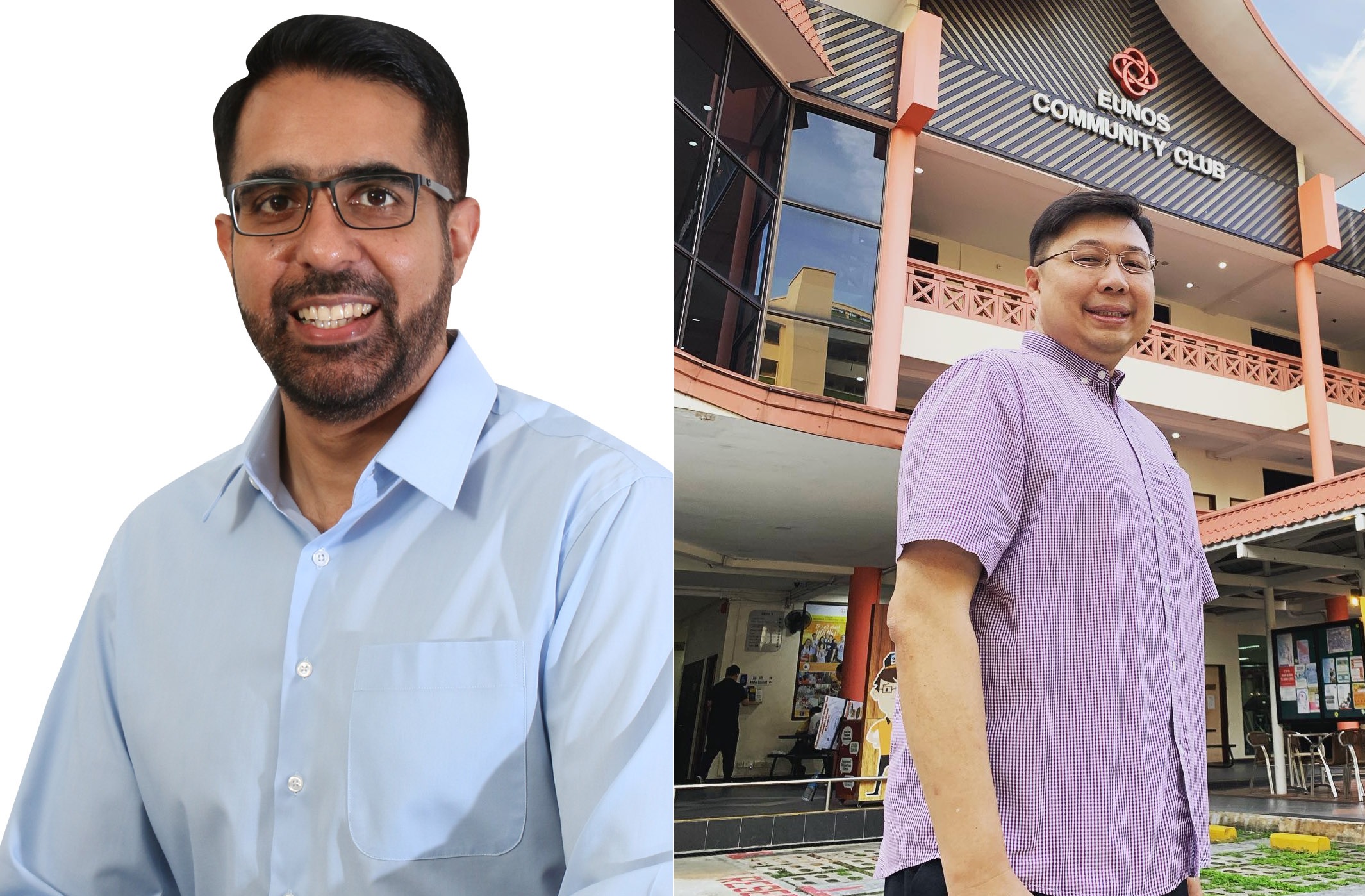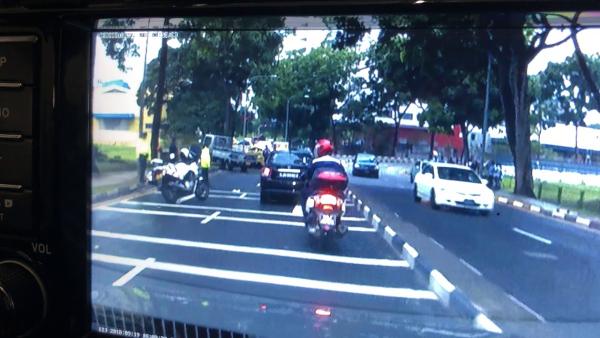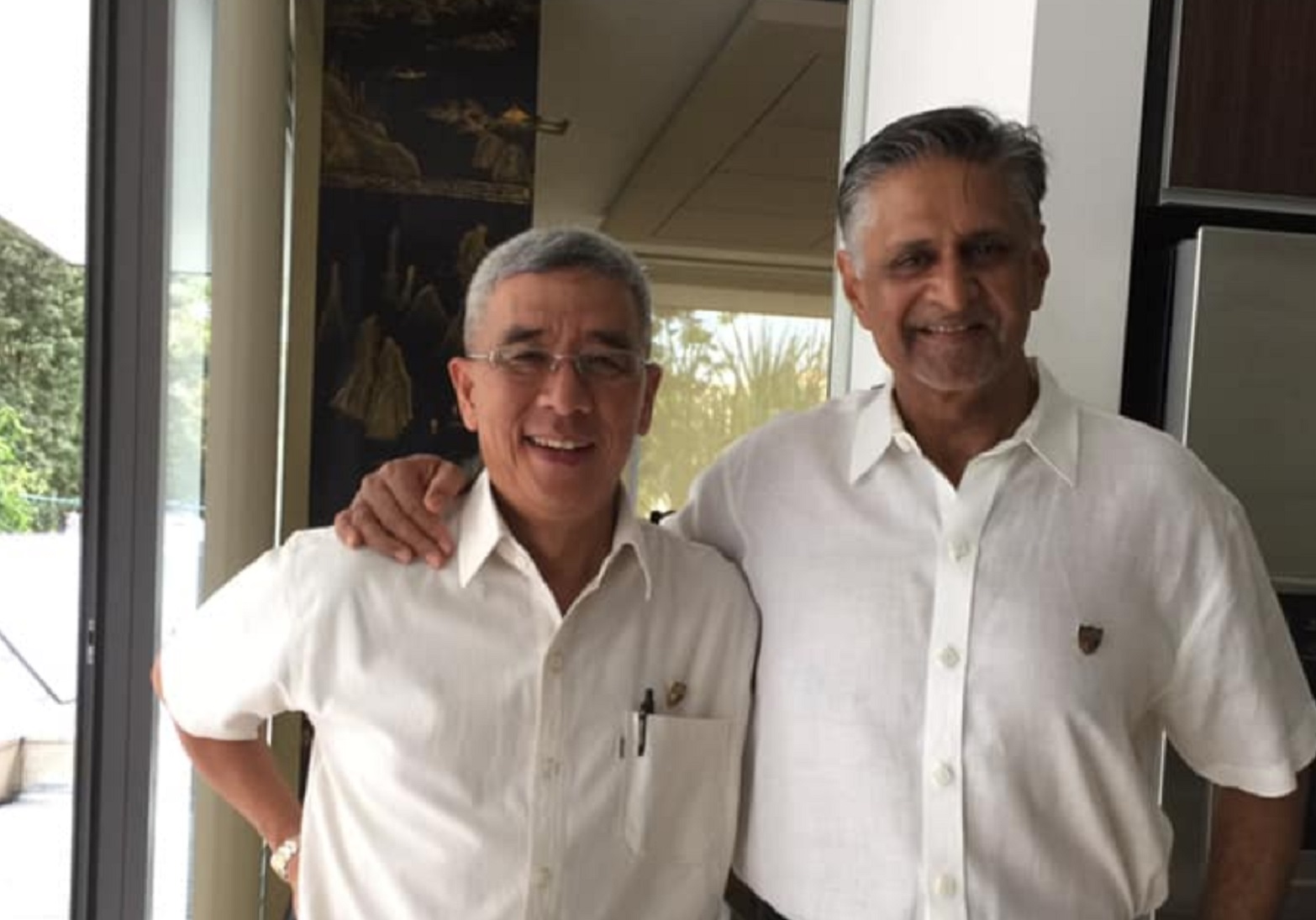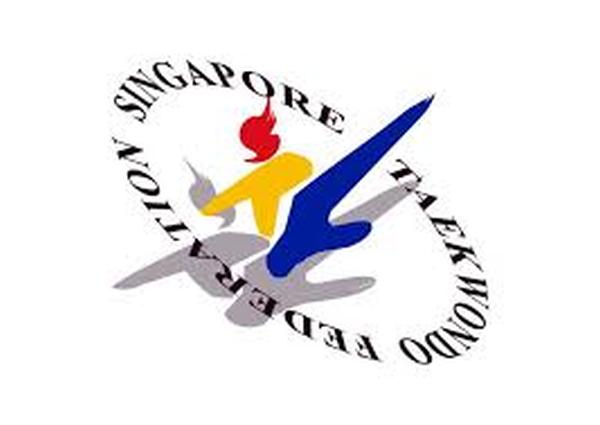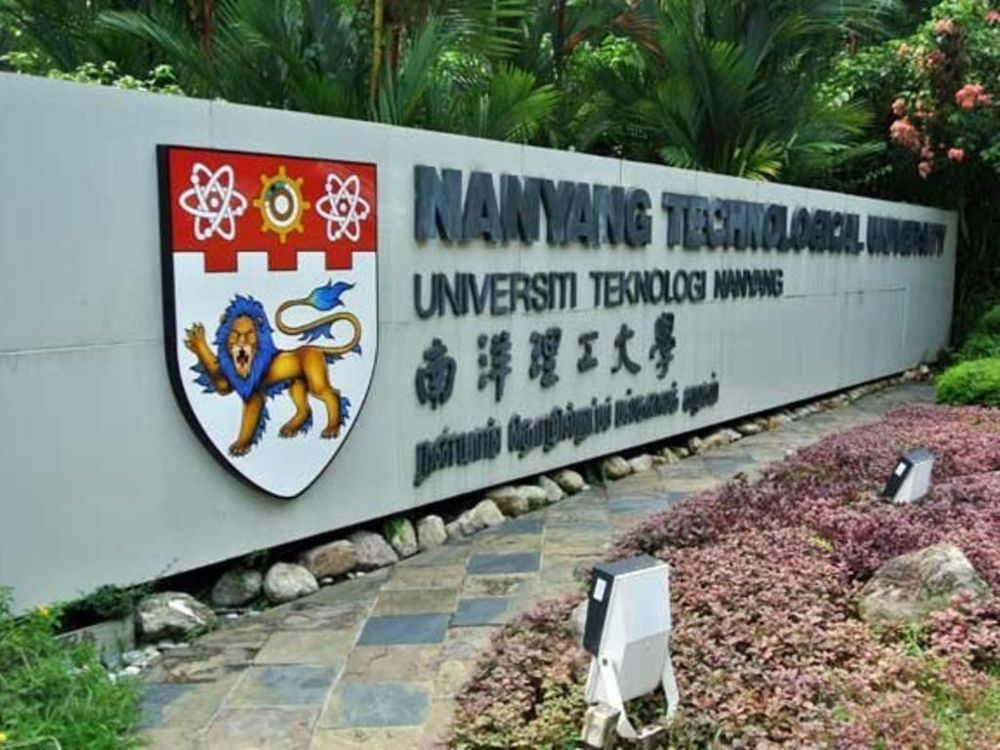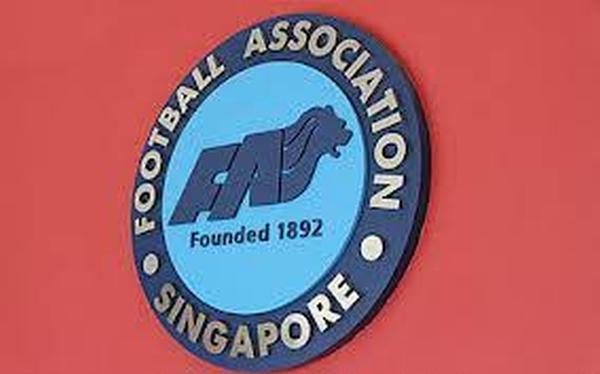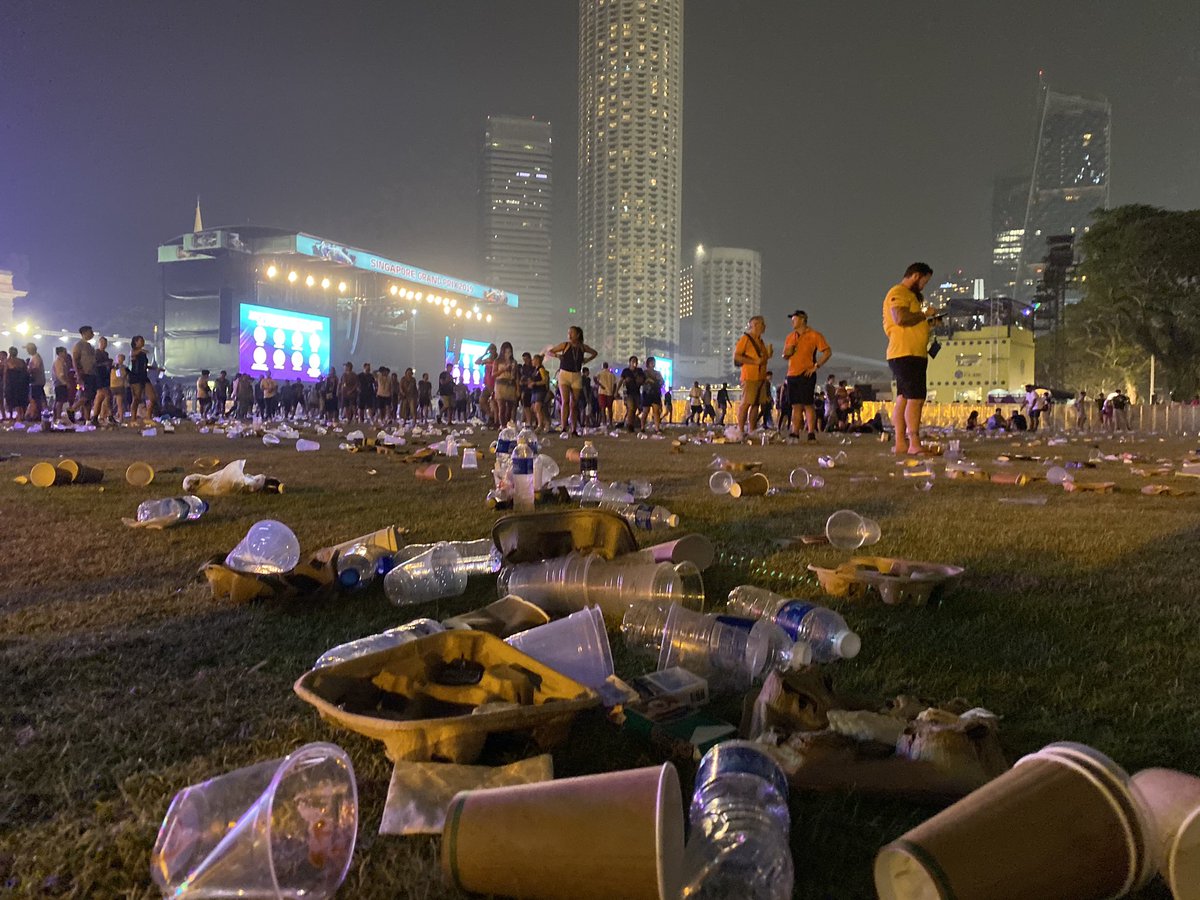Lee Wei Ling Accuses Lee Hsien Loong Of Misleading Late Father On Gazetting Of Oxley Road, Questions Motives
Dr Lee Weiling has dropped another bombshell in yet another Facebook post.
According to her, her brother, Lee Hsien Loong (LHL), had misled her late father, Lee Kuan Yew (LKY), to believe that the house at Oxley Road had been gazetted by the government. Hence, the reason why LHL wanted LKY to bequeath the property to only him.
LKY was insistent that in spite of the purported gazetting of the house, the house still belonged to him and as such, he was able to state in his will to give the rights to Wei Ling to reside there.
As he had doubts over the gazetting, LKY had, in Nov 2013, discussed with his lawyer, Kwa Kim Li, regarding the posssibility of de-gazetting the house after his death. Wei Ling assereted that contrary to what LHL had claimed, LKY was in fact very aware of the contents of his prior will when he eventually signed his will in Dec 2013.
Wei Ling further explained that after these discussions with his lawyer, LKY felt that the government could reverse the gazetting of the house after his death, to LHL's benefit. This prompted LKY to re-include his wish that the house be demolished after his death, and to allow Wei Ling herself to stay in the house for as long as she wished.
There does not appear to be any quick resolution to this legal wrangling in the Lee family. Singaporeans are becoming increasingly jaded by the saga.
Yet, we must not be totally divorced from the developments because we need to know the character of LHL who runs our country.
